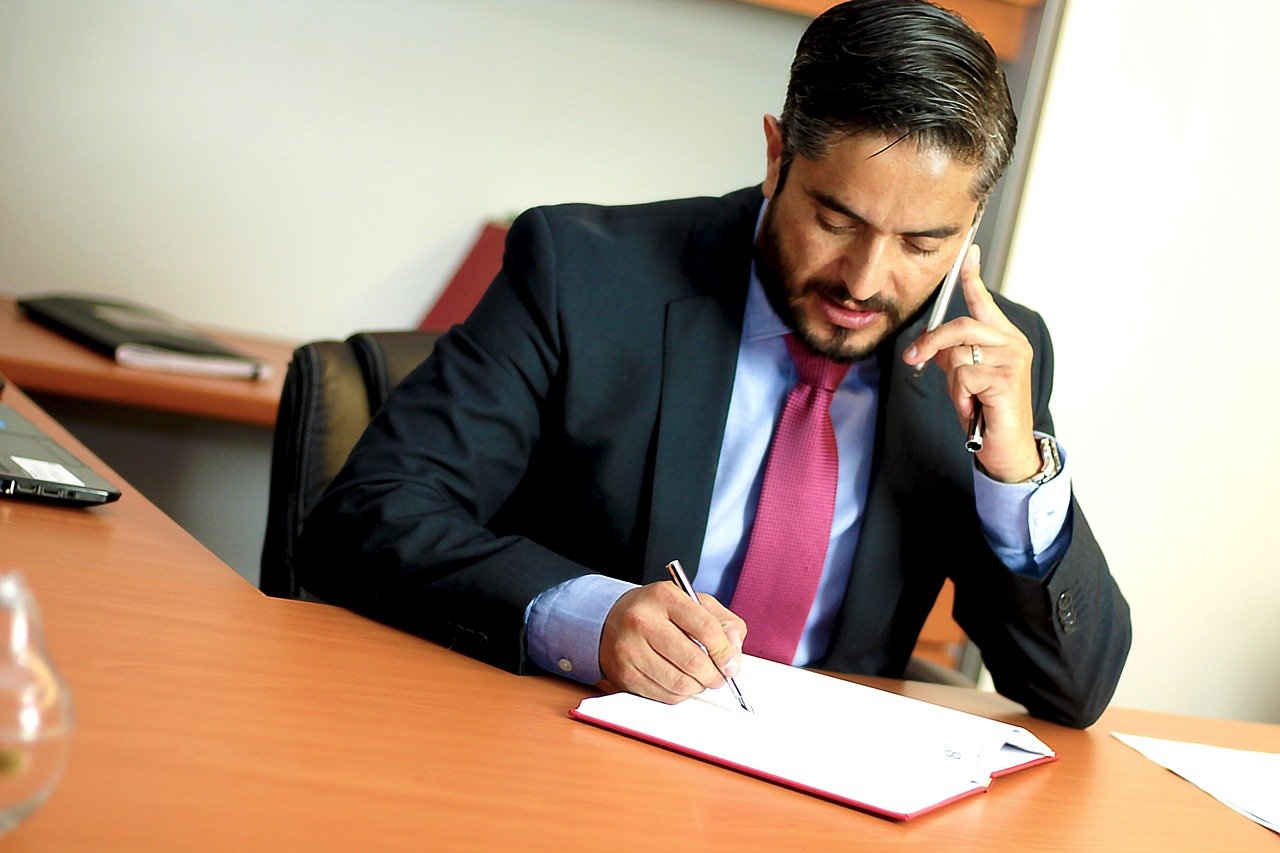
Debt can be a significant source of stress and financial burden for many individuals. However, with careful planning and discipline, it is possible to navigate your way to a debt-free life. In this article, we’ll explore various strategies and solutions for managing and eliminating debt, allowing you to regain control of your finances and work towards a more secure future.
Assess Your Debt
The first step in tackling debt is to assess your current financial situation. Take stock of all your debts, including credit cards, loans, and other obligations. Calculate the total amount owed, as well as the interest rates and minimum payments for each debt. This will help you understand the scope of your debt and develop a plan for repayment.
Create a Budget
Creating a budget is essential for managing your finances and paying down debt. Start by tracking your income and expenses to determine where your money is going each month. Identify areas where you can cut back on spending and redirect those funds towards debt repayment. Establishing a realistic budget will help you stay on track and prioritize debt reduction.
Consolidate Debt
Consolidating your debt into a single loan or credit card with a lower interest rate can help simplify your payments and reduce the amount of interest you pay over time. Consider transferring high-interest credit card balances to a card with a lower APR or applying for a debt consolidation loan. Be sure to compare offers carefully and choose the option that offers the most favorable terms and conditions.
Negotiate with Creditors
Don’t hesitate to reach out to your creditors to negotiate more favorable repayment terms. Many creditors are willing to work with borrowers to lower interest rates, waive fees, or establish a more manageable payment plan. Be honest about your financial situation and explain your willingness to repay your debts. Negotiating with creditors can help reduce the overall amount you owe and make debt repayment more achievable.
Seek Professional Help
If you’re struggling to manage your debt on your own, consider seeking professional help from a credit counseling agency or financial advisor. These professionals can offer personalized advice and guidance tailored to your unique financial situation. They can help you develop a debt repayment plan, negotiate with creditors on your behalf, and provide ongoing support and accountability as you work towards a debt-free life.
In conclusion, navigating debt requires diligence, discipline, and determination. By assessing your debt, creating a budget, consolidating debt, negotiating with creditors, and seeking professional help when needed, you can take control of your finances and work towards a debt-free life. Remember that eliminating debt is a gradual process that requires patience and persistence, but with the right strategies and solutions, you can achieve financial freedom and peace of mind.





